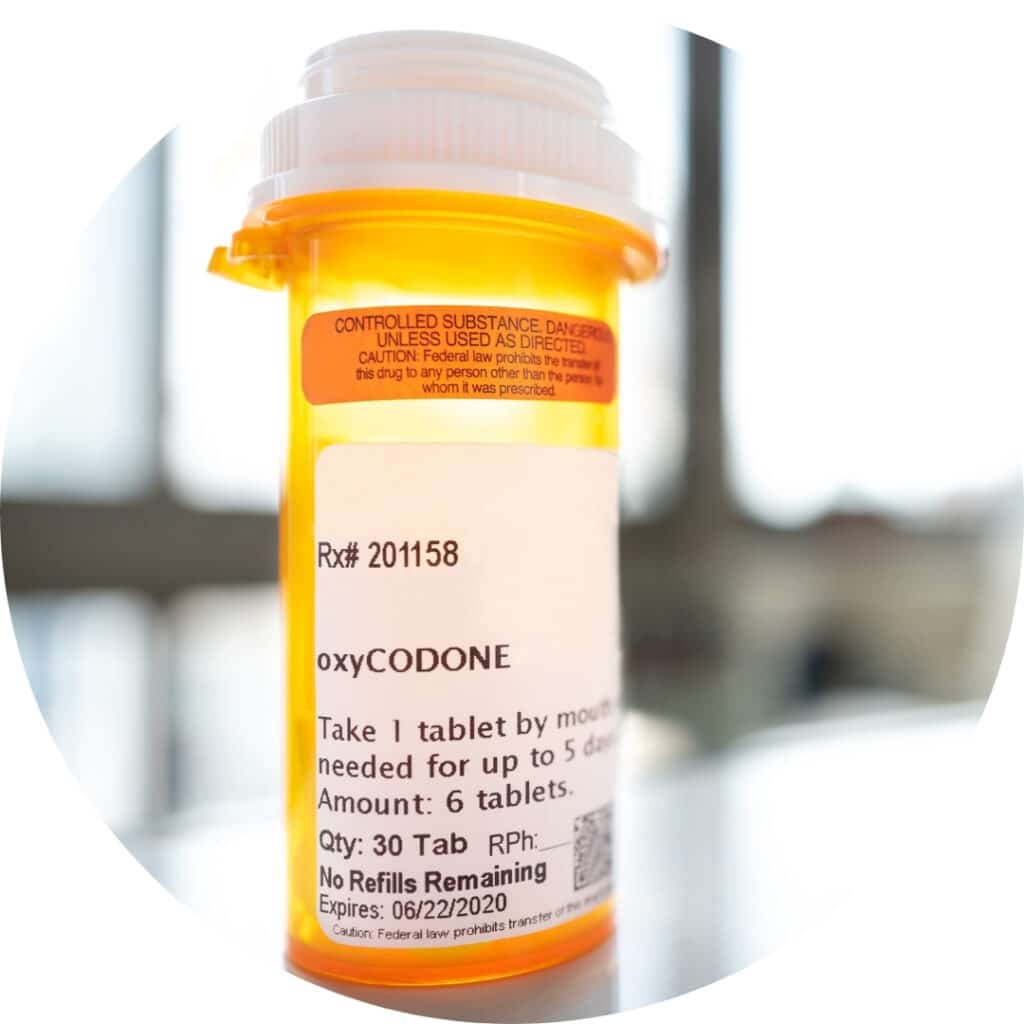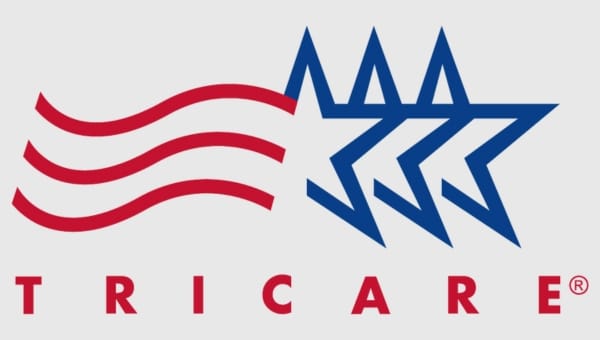Mixing oxycodone and alcohol is dangerous and can be deadly. In fact, it’s one of the leading causes of drug-related deaths in the United States. When these two substances are combined, they can suppress breathing and lead to death.
The effects of mixing oxycodone and alcohol can be even more dangerous than taking either substance alone. Oxycodone is a powerful opioid painkiller that slows down the central nervous system. Alcohol is a depressant that also slows down the central nervous system. When you mix these two substances, they can have a synergistic effect, which means the effects of each substance are amplified.
What Is Oxycodone?
Oxycodone is a prescription painkiller. It’s used to treat moderate to severe pain. Oxycodone is available as a generic drug and as the brand-name drugs OxyContin and Roxybond. Oxycodone belongs to a class of drugs called narcotic analgesics. A “class” of drugs refers to medications that share a similar chemical structure and are often used to treat similar conditions.
Oxycodone works by binding to opioid receptors in the brain and spinal cord. This action alters the way your brain and nervous system respond to pain.
When used correctly, oxycodone is safe and effective. But like all opioids, there’s a risk of abuse and addiction. Oxycodone is a Schedule II controlled substance, which means it has high potential for abuse but can be used under medical supervision for certain medical conditions. Some immediate-release oxycodone products are also available as Schedule III or Schedule IV controlled substances. These have a lower potential for abuse than schedule II drugs, but they can still lead to physical or psychological dependence.

Effects of Oxycodone
Oxycodone can have serious side effects. It can be very addictive, and it can also be dangerous if it’s taken in combination with other drugs.
Effects of oxycodone can include:
- Drowsiness
- Dizziness
- Headache
- Nausea
- Vomiting
- Constipation
- Diarrhea
- Abdominal pain
- Dry mouth
- Changes in heart rate
- Changes in blood pressure
- Difficulty urinating
- Chest pain
- Shortness of breath
- Anxiety
- Irritability
- Mood swings
Oxycodone misuse also comes with a risk of several long-term effects. Some of these include:
- Addiction
- Coma
- Kidney problems
- Liver problems
- Seizures
- Overdose and death
- Death
What Is Alcohol?
Alcohol is a substance that is widely consumed around the world. It is a type of beverage that contains ethyl alcohol, also known as ethanol, and is produced through the process of fermentation.
Fermentation occurs when yeast or bacteria break down sugars found in fruits, grains, or vegetables into ethanol and carbon dioxide. This process can be controlled to create different types of alcohol, such as beer, wine, and spirits.
Alcohol has been used for various purposes throughout history, from religious ceremonies to medicinal purposes. Today, it is primarily consumed for its psychoactive effects, which can cause feelings of relaxation and euphoria. However, alcohol can also have negative effects on an individual’s physical and mental well-being. Excessive consumption can lead to health issues, dependence, and addiction.

What Are the Effects of Alcohol?
Alcohol consumption can have a range of short- and long-term effects on your brain and body.
Short-term effects of alcohol use can include:
- Impaired judgment
- Slurred speech
- Slowed reflexes
- Lack of coordination
Long-term effects of alcohol abuse can lead to:
- Liver damage
- Heart disease
- Pancreatitis
- Various types of cancer
- Brain damage
- Memory problems
Heavy drinking can also increase your risk of developing mental health disorders like anxiety or depression.
What Happens When You Mix Oxycodone and Alcohol?
Mixing oxycodone and alcohol is dangerous and potentially lethal for a number of reasons. First, both alcohol and oxycodone are depressants, which means they slow down the central nervous system, slowing down several functions. This leads to an increased risk of respiratory depression, which can cause shallow breathing, unconsciousness, and even death.
When taken together, these effects can get worse, leading to slurred speech, impaired coordination, and slowed reflexes. This can make it very difficult to drive or operate machinery safely.
Alcohol and oxycodone can also interact with each other in unexpected ways. For example, alcohol can increase the absorption of oxycodone into your bloodstream, which can lead to increased drowsiness and respiratory depression.
Finally, mixing alcohol and oxycodone can simply be too much for the body to handle, leading to potentially life-threatening consequences like respiratory failure or coma.
Mixing alcohol and oxycodone can cause
- Drowsiness
- Slowed breathing
- Nausea and vomiting
- Low blood pressure
- Loss of coordination
- Coma
- Stomach bleeding
- Death
- Impaired judgment, which increases the likelihood of accidents or injuries
- Overdose
Mixing alcohol and oxycodone is never safe.
Signs of Alcohol and Oxycodone Addiction
Addiction is a serious disease that can have devastating consequences for you and your loved ones. Addiction can manifest in many ways, depending on the drug of choice. Alcohol and oxycodone are two substances that can be addictive when used chronically. Signs of addiction to these drugs include:
- Taking more of the drug or drinking more alcohol than intended
- Struggling to cut down or stop using oxycodone and alcohol
- Spending a lot of time obtaining oxycodone
- Craving oxycodone and alcohol and feeling unable to function without them
- Experiencing withdrawal symptoms when you don’t take oxycodone or drink
- Lack of interest in activities you once enjoyed
- Mood swings, irritability, or angry outbursts
- Erratic behavior
- Social withdrawal
- Changes in appetite or sleep habits
- Difficulty concentrating
Persistent thoughts of suicide or self-harm
What Is Alcohol and Oxycodone Withdrawal Like?
Alcohol and oxycodone are two substances that can cause particularly intense withdrawal symptoms on their own. Detoxing from the two substances together can intensify the withdrawal symptoms of both. When withdrawing from either oxycodone or alcohol, it’s important to do so under the supervision of a doctor.
Alcohol withdrawal symptoms may include:
- Delirium tremens (DTs)
- Tremors or shaking
- Anxiety
- Depression
- Fatigue
- Insomnia
- Nausea and vomiting
- Rapid heartbeat
- Sweating
- Loss of appetite
Oxycodone withdrawal symptoms may include:
- Abdominal pain
- Anxiety
- Diarrhea
- Insomnia
- Nausea and vomiting
- Rapid heartbeat
- Sweating
- Tremors
Withdrawal symptoms usually start within a few hours after your last drink or your last dose of oxycodone. They can peak within 24 to 48 hours and then gradually improve over the next week or so. Some people experience lingering symptoms for weeks or even months.
If you are withdrawing from both substances, your doctor will likely prescribe a tapering schedule for oxycodone to help you slowly reduce your intake over time. Tapering schedules are individualized. Your doctor may also prescribe other medications that ease opioid cravings and withdrawal symptoms.
Detoxing from alcohol and oxycodone can be life-threatening without proper supervision. Symptoms of withdrawal can include seizures, heart attacks, and death. A supervised detox (or medical detox) ensures you will be monitored for any dangerous complications and given the necessary care to keep you safe.
Detoxification is only the first step in recovery from an alcohol use disorder or oxycodone addiction. After you’ve detoxed, you’ll need to participate in a treatment program that will help you learn how to live without alcohol or drug abuse. Treatment typically includes counseling, support groups, and sometimes medication. With hard work and dedication, you can achieve sobriety and live a healthy, fulfilling life.
Types of Addiction Treatment for Oxycodone and Alcohol
Addiction is a serious disease that requires professional treatment. There are various levels of care available. The right level of care for you depends on your needs and life situation. The most intensive level of care is inpatient treatment. This can be beneficial for those who need around-the-clock support and supervision. Outpatient treatment is the next level of care. This is a good option for people who don’t require a higher level of care and need more flexibility.
Types of treatment for addiction include:
Medical Detox
Detoxification is the process of removing toxins from your body. Detoxing from oxycodone and alcohol can be difficult and dangerous, so it is important to seek medical help. When you detox from drugs and alcohol in a detox center, you have medical care around the clock. Medical professionals will monitor your vital signs and make sure you are safe. They can prescribe medications to help ease withdrawal symptoms and cravings, so you are more comfortable.
Detoxification is a crucial step in the recovery process for individuals struggling with addiction. By ridding the body of harmful substances it allows the mind and body to heal from the effects of addiction.
Inpatient Rehab
Inpatient treatment at an addiction treatment center can be a life-changing experience. For many people struggling with addiction, it is the first time they can focus on their recovery without the distractions and triggers of daily life. During inpatient treatment, you will have 24-hour access to care and support from a team of addiction professionals. You will also participate in group and individual therapy sessions, educational classes, and recreational activities. Inpatient treatment can last anywhere from 28 days to 90 days, depending on your needs. The goal of inpatient treatment is to help you build the skills and knowledge you need to recover from addiction and live a healthy life in recovery.
Partial Hospitalization Program (PHP)
Partial hospitalization programs (PHP) allow you to live at home while receiving intensive therapy during the day. PHPs typically last for several hours each day. They can be an effective step down from inpatient treatment or a good option if you have responsibilities that prevent you from staying at a drug and alcohol rehab center every night.
During a PHP, you will participate in individual and group therapy, as well as skill-building and educational activities. You will also meet with a psychiatrist or other medical professionals as needed.
Intensive Outpatient Programs (IOP)
Intensive outpatient programs (IOPs) at addiction treatment centers provide a moderate level of care for people who are struggling with addiction. IOP typically involves group and individual therapy, as well as other types of support, like skill-building workshops and educational classes. IOPs usually meet for 3-5 hours per day on 3-5 days each week.
IOPs provide structure and support while you continue to live at home and work or go to school, or as a good step down from inpatient and PHP treatment, providing a smooth transition to everyday life.
Outpatient Program
An outpatient program at an addiction treatment facility typically consists of group and individual therapy sessions, plus education classes on topics related to addiction recovery. Treatment helps you develop healthy coping skills and identify triggers that may lead to relapse. Outpatient programs can be flexible, depending on your needs and schedule. They usually have day or evening options and only meet for one to three hours each week. Outpatient programs provide a regular check-in during early recovery when you can get support from addiction professionals and peers in recovery.
Need Help For Oxycodone and Alcohol Addiction?
Our admissions team is available around the clock to help you or a loved one get the help you need.
How Do You Treat Oxycodone and Alcohol Addiction?
If you are addicted to oxycodone and alcohol, you may need to seek treatment at a drug rehab. Treatment for oxycodone and alcohol addiction typically involves behavioral therapies and medications.
Behavioral Therapies
Behavioral therapies are important in addiction treatment because they help you understand and change your behaviors. They can help to identify and address the thoughts and feelings that may contribute to addictive behaviors. Behavioral therapies can also help you develop skills to cope with stress and cravings. They can be used alone or in combination with other treatments, such as medication.
Behavioral therapies are designed to help you change your behavior patterns and thoughts that contribute to addiction. These therapies may be used in individual counseling, group therapy, or family counseling. Common behavioral therapies include:
- Cognitive behavioral therapy (CBT)
- Dialectical behavior therapy (DBT)
- Motivational interviewing
- Acceptance and commitment therapy (ACT)
- Rational emotive behavior therapy
Medications
There are some medications that can help people stop taking oxycodone and drinking alcohol. When prescribed by a doctor, they can help you get through the tough withdrawal process and decrease cravings.
Some of these medications include:
- Buprenorphine (Suboxone): This medication is used to help wean you off opioids. It can be taken as a pill or a film that dissolves under the tongue. Buprenorphine is one of three FDA-approved medication assisted therapies (MAT).
- Clonidine: This medication can help with symptoms of anxiety, sweating, and insomnia.
- Gabapentin: This medication can help with symptoms of anxiety and seizure control.
Some treatment medications are used to treat psychiatric disorders that can occur together with substance abuse. This is known as a dual diagnosis or co-occurring disorder. It’s important to treat these conditions because some people drink or use drugs to self-medicate their psychiatric symptoms.
There are a variety of different medications that can help manage symptoms of psychiatric disorders. Some of these medications are:
- Antipsychotic medications
- Mood stabilizers
- Antidepressants
- Anti-anxiety medications
It is important to work with a mental health professional to determine which medication is right for you. Medications can have side effects. Discuss these with your mental health professional before starting any medication.
Does Insurance Cover Rehab for Oxycodone and Alcohol Addiction?
Most insurance companies are required to cover behavioral health treatment in the same way they cover medical treatment. Depending on your insurance, all or a portion of addiction treatment may be covered. Some insurances may require you to meet a deductible first or that you pay a percentage of the cost. If you want help navigating your insurance benefits for drug rehab, contact our admission advisors.
Free Yourself from Oxycodone and Alcohol Addiction
If you or someone you love is struggling with addiction, it can be difficult to know where to turn for help. At Vogue Recovery Center, we understand the challenges of addiction, and we are here to help. Our caring staff provides a safe and supportive environment for healing, and our evidence-based programs are designed to give you the tools to achieve lasting recovery. We understand that taking the first step can be difficult. We’re here to support you every step of the way. Please call us today to learn more about our program and how we can help you or your loved one.

Medically Reviewed by Vaun Williams, Psy.D., LPC















